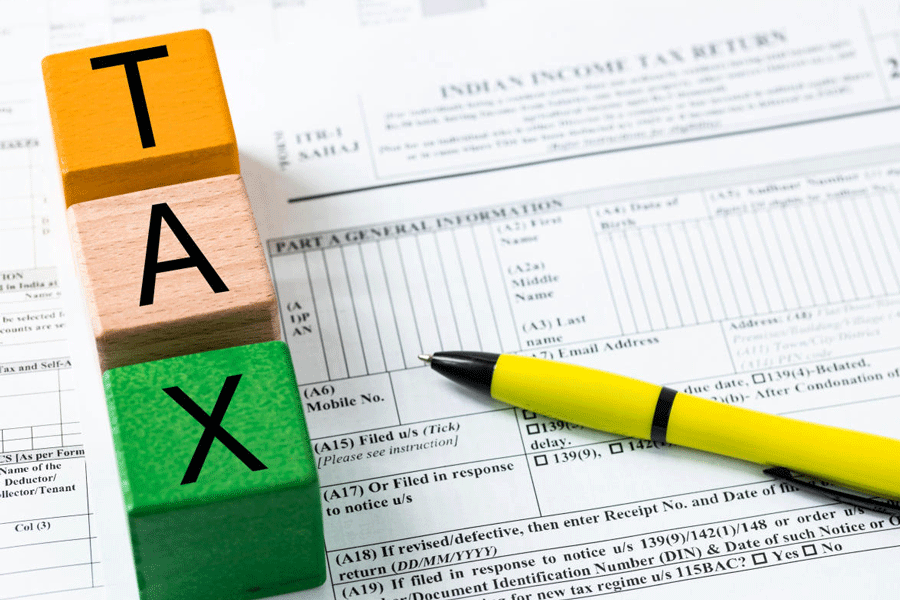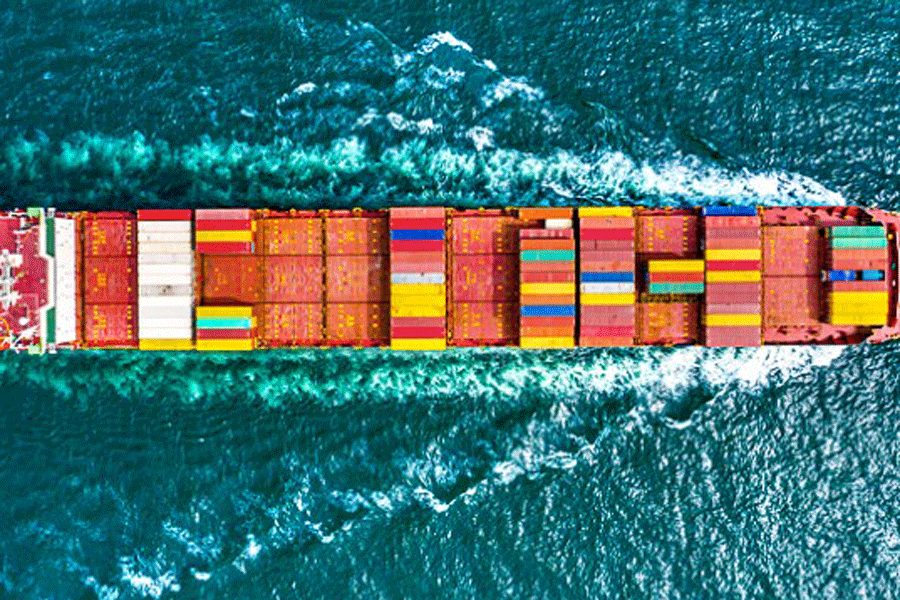The central government is planning to link tax collected at source with tax deducted at source, a move that could ensure that the cash flow of the individual taxpayers are not impacted.
TDS is the tax deducted on payments and is applicable on salaries, rent, professional fees, brokerages, commissions, transfer of virtual digital assets, dividends, interest on securities, as well as the purchase of goods exceeding Rs 50 lakh among many others.
TCS, on the other hand, is a tax collected by sellers and is applicable in the business of trading alcohol, forest produce, scrap, foreign remittance, overseas tour packages, sale of motor vehicles above Rs 10 lakh, sale of various goods exceeding Rs 50 lakh among others.
In the last Union budget, the government had decided to impose a 20 per cent TCS on certain international spending from July 1.
However, after concerns were raised, the government last week clarified that payments made by an individual using their international debit or credit cards up to Rs 7 lakh per financial year will not attract any TCS.
Defending the decision, chief economic adviser (CEA) V. Anantha Nageswaran said the bulk of the transactions made by most will not be covered under 20 per cent TCS.
“And it (the government) also attempts to link the TCS with your TDS such that if there are TCS payments made by you it has to reflect a lower TDS. Such that it simply is a matter of making sure that you are not affected from a cash flow perspective.”
It will also provide relief for people who are concerned about the annoyance or irritation of seeing this TCS apart from TDS, he said at the industry body CII’s event on Thursday.
According to Nageswaran, data is available with the government that points out that this mechanism has been not just abused by a small set of people but the volumes involved are fairly substantial. Further details on the same, however, was not disclosed.
Some exemptions
At present, overseas medical treatment and education expenses up to Rs 7 lakh a year are exempt from TCS. A 5 per cent levy is charged on expenses exceeding Rs 7 lakh. For those who have availed education loans, the rate of TCS is 0.5 per cent.
However, tax analysts are of the view that the TCS rates should be restricted to 10 per cent only.
“The newly introduced TCS provision of 20 per cent on remittance exceedingRs 7 lakh or the prescribed amount is indeed a deterrent measure.
“The rate of TCS should be restricted to 10 per cent only. The taxpayer should be properly educated about the changes made in tax laws to avoid confusion.
“The threshold of TDS and TCS needs to be revised upwards and compliance burden should be minimised,” said tax advocate Narayan Jain.











